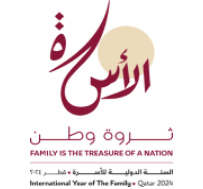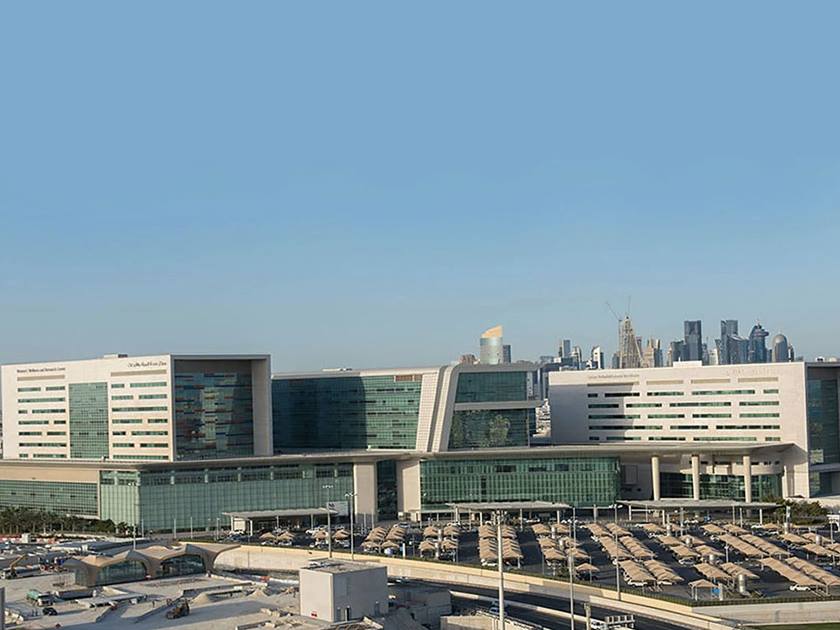Doha, March 26 (QNA) - Dr. Mootaz Derbala, Sr. consultant of Gastroenterology and Hepatic diseases at Hamad Medical Corporation, stated that the majority of liver patients with stable conditions can fast during the month of Ramadan without possible complications.
However, patients with acute hepatitis, Esophageal varicose, and ascites and Hepatic Encephalopathy (Coma), should refrain from fasting.
Dr. Derbala told Qatar News Agency (QNA) that those with severe liver diseases, such as acute viral hepatitis of types (A, B, and C) cannot fast. However, those with stable chronic conditions such as hepatitis, liver dysfunction, or people with fatty-liver disease, can fast, in this case, may rid such patients of excess liver fat.
Dr. Mootaz Derbala added that late-stage liver disease patients with conditions such as varicose veins, ascites, Hepatic Encephalopathy (Coma), and comorbidities such as diabetes should refrain from fasting from a medical viewpoint. Patients with liver immunodeficiency, congenital liver disease, Hepatitis B, and Hepatitis C, may fast after consulting their attending physician.
Liver patients who intend to fast during the month of Ramadan should adhere to healthy dietary practices. It is important to choose foods that do not harm the health of the liver patient, advising those fasting to break their fast with a light sweet drink, have a prayer break, and then take their iftar meal, he explained.
The iftar meal should comprise of carbohydrates, fruit sugars, and proteins with minimal quantities of fat, especially for fatty-liver patients and adequate amounts of fluids to prevent dehydration. To achieve optimal function of the liver, liver patients should have a balanced diet inclusive of all food groups; cereals, fruits, vegetables, meat, beans, milk, and oil, in addition to fiber-rich foods such as wholegrain bread, rice, fruits, and vegetables, he added.
Regarding patients who underwent a liver transplant, Dr. Derbala said these patients should refrain from fasting within the first year of such transplant. After completing a year, patients may fast during the month of Ramadan upon consulting their physician, who would ensure the proper function of the transplanted liver.
For those with liver disease, fasting can regulate the doses of his medications, and for those who are treated with tablets, they can take the doses at iftar and suhoor. For liver transplant patients who are allowed to fast according to the conditions described, they take medicines that stabilize the transplanted liver at breakfast and suhoor, Dr. Derbala said.
Liver and liver transplant patients who intend to fast during the month of Ramadan should rearrange immunosuppressant and oral medications' timings whereby they take them at Iftar and Suhoor time, he added.
Patients on diuretic drugs or Esophageal varicose medications cannot fast during the month of Ramadan for health reasons as the time for taking medications cannot be rearranged and medications cannot be stopped. Liver patients with other associated diseases such as pressure, diabetes, or asthma need to consult a doctor to organize their medication use during Ramadan, he said.
Patients with unstable liver disease may encounter health problems during their fast. Signs of these health problems include dizziness and paleness of the skin. Should these signs appear, patients are advised to break their fast, he highlighted.
He said that smoking causes other diseases in addition to their liver disease; therefore, can adversely interfere with liver disease medications. Fasting is a favorable opportunity to stop and quit smoking, Dr. Derbala said. (QNA)


